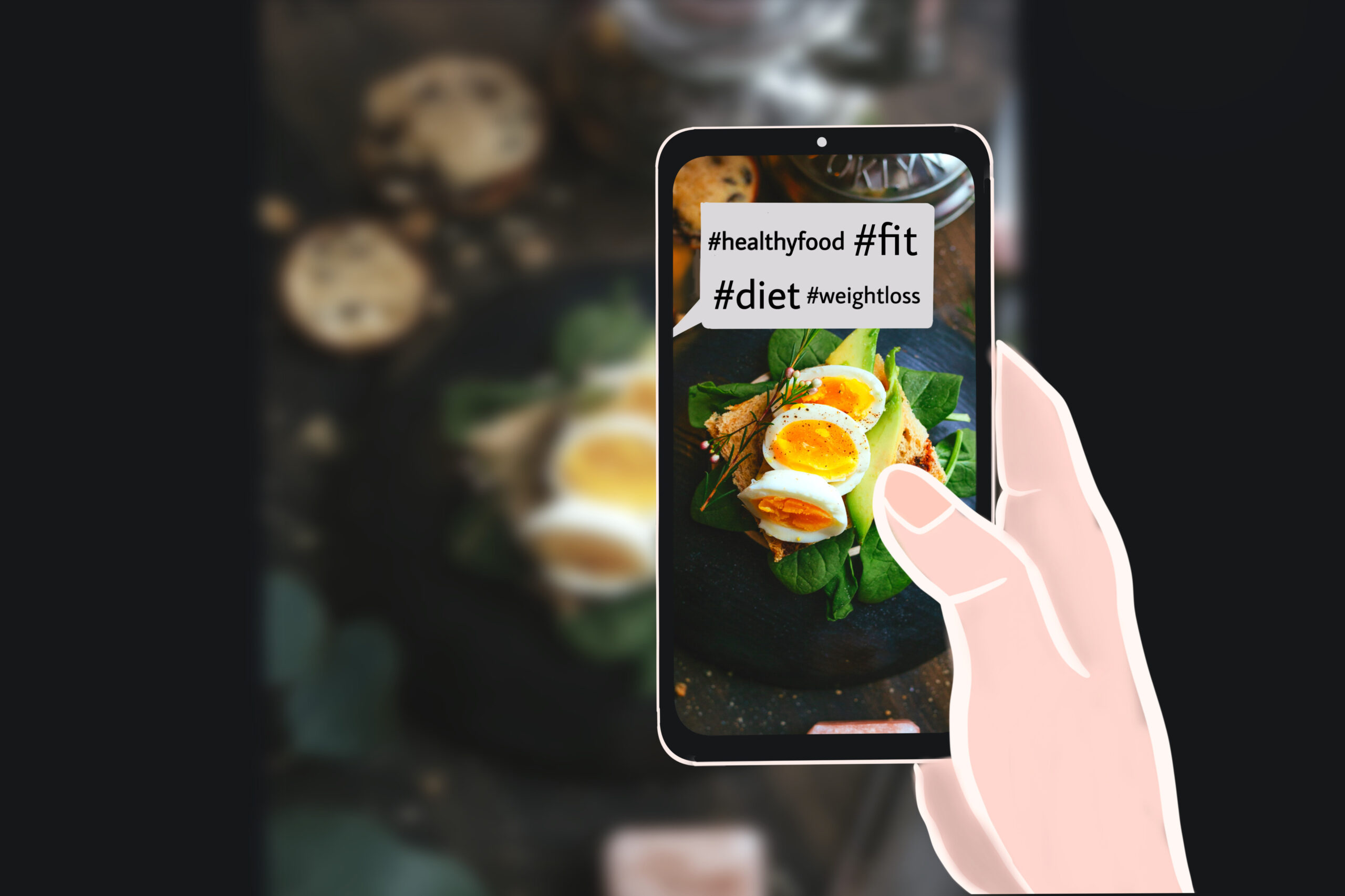Exploring the harmful side of ‘what I eat in a day’ videos, with the pertinent question being – Is this content really healthy?
Let me start by asking a very simple question to you – What’s ‘what I eat in a day’ videos for you? Let me guess – ‘Doodh chodh do, dahi chodh do, ghee chodh do, atta chodh do, just don’t eat anything’ – at least, these videos on the face perpetuate this very idea of starving yourself to death if in any case, you want the so-called healthy, attractive or slim body. Right?
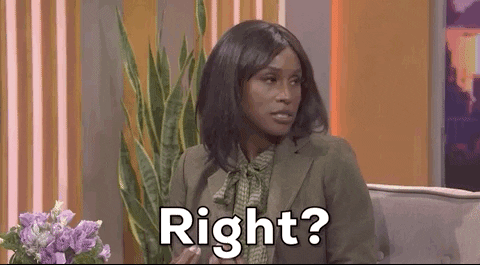 But you know what scares me the most – the idea that following a particular diet plan that just worked for a specific person will work for everyone on the planet. Honestly speaking, these trends in a sense are a bit problematic, why? Because most of us are now following a sedentary lifestyle with the lowest levels of physical activity, and watching these videos will give us the idea that following the same meal plan might help us achieve similar outcomes.
But you know what scares me the most – the idea that following a particular diet plan that just worked for a specific person will work for everyone on the planet. Honestly speaking, these trends in a sense are a bit problematic, why? Because most of us are now following a sedentary lifestyle with the lowest levels of physical activity, and watching these videos will give us the idea that following the same meal plan might help us achieve similar outcomes.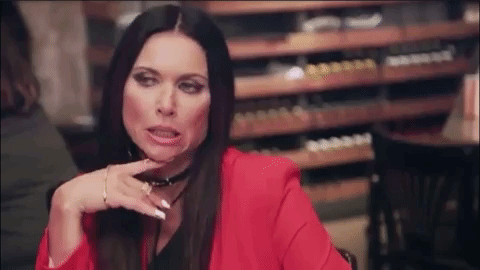 With every thumbs-up and thumbs-down on our screen, there’s one thing common with these ‘what I eat in a day’ videos, and that’s their thumbnails. Almost every time, I come across these videos online, the image of an extremely delicious-looking salad appears, but right next to it, there mostly appears an image of a woman wearing either a sports bra or a swimsuit making it just obvious that by eating this specific meal plan, you too are going to attain the same body structure.
With every thumbs-up and thumbs-down on our screen, there’s one thing common with these ‘what I eat in a day’ videos, and that’s their thumbnails. Almost every time, I come across these videos online, the image of an extremely delicious-looking salad appears, but right next to it, there mostly appears an image of a woman wearing either a sports bra or a swimsuit making it just obvious that by eating this specific meal plan, you too are going to attain the same body structure.Don’t you think that meal plans are getting shared too much nowadays? Nonetheless, this craze of ‘what I eat in a day’ videos is hitting an all-time high in terms of its viewer tally. However, some scroll down after watching these pseudo-professional nutrition tips without thinking of it much, but some on the other are obsessed with these videos and often fall for such diet plans which is alarming.
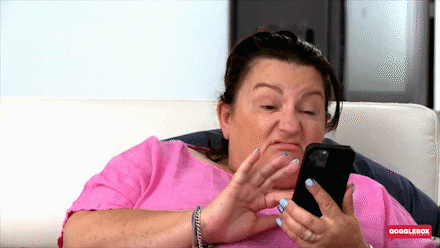 It is unquestionably true that today’s generation is easily persuadable and which is why this leading ‘what I eat in a day’ content by many influencers and celebrities has increased the concerns of many health experts and nutritionists about its dangers as they believe that these videos made on misleading and incorrect information may encourage disordered eating which can lead to unfavourable outcomes.
It is unquestionably true that today’s generation is easily persuadable and which is why this leading ‘what I eat in a day’ content by many influencers and celebrities has increased the concerns of many health experts and nutritionists about its dangers as they believe that these videos made on misleading and incorrect information may encourage disordered eating which can lead to unfavourable outcomes. 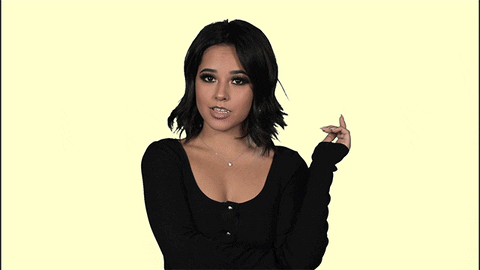 “I have seen a lot of celebrities, social media influencers and quacks post about such trends to engage their audience and influence them. Honestly, it’s a wrong practice and misguides everyone. A large number of the young population receive inspiration from these videos which often leads to crash dieting and adverse health outcomes. Frankly speaking, there is no fixed meal or food that needs to be taken throughout the day, it keeps on changing and ultimately variety is needed. There has to be sustainability,” said Margi Mankad, a Nutritionist based in Pune.
“I have seen a lot of celebrities, social media influencers and quacks post about such trends to engage their audience and influence them. Honestly, it’s a wrong practice and misguides everyone. A large number of the young population receive inspiration from these videos which often leads to crash dieting and adverse health outcomes. Frankly speaking, there is no fixed meal or food that needs to be taken throughout the day, it keeps on changing and ultimately variety is needed. There has to be sustainability,” said Margi Mankad, a Nutritionist based in Pune.
Most important! Differentiate between an Influencer & an Expert
“Just like brushing your teeth doesn’t make you a dentist. Similarly, losing weight or having a healthy lifestyle does not make you a Nutritionist. This might sound weird, but it’s true. Viewers need to understand that these meal plan videos will not only mislead them but will also not provide them with the benefits they are looking for. It’s like blind leading the blind,” said Aesha Mehta, Health Coach at GOQii technologies and Research assistant at Lilavati Hospital, Mumbai.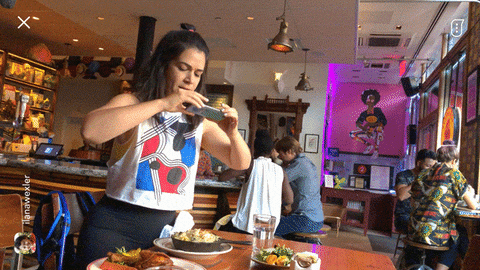 You will be misguided from your intention if you gain knowledge from unprofessional nutrition guidance. It is, therefore, important and necessary to have legitimate solid advice promoted by professionals as diet plans need to involve the right nutrition content and direction.
You will be misguided from your intention if you gain knowledge from unprofessional nutrition guidance. It is, therefore, important and necessary to have legitimate solid advice promoted by professionals as diet plans need to involve the right nutrition content and direction.
https://www.instagram.com/p/CQ73r2HhRgC/
“What if a doctor prescribes a wrong medication to the patient? The patient will of course suffer and will have adverse health outcomes. Similar is the case with ‘food’,” Mankad said. “Incorrect practices may lead a person towards extreme weight-loss, being deficient in essential vitamins and minerals, and will ultimately decrease their quality of life.”
Remember! Every ‘body’ is different, ‘genes’ have a role to play
It is important to note that these ‘what I eat in a day’ videos simply put out the message that following the same meal plan may lead any person to lose weight and can help them obtain the same physical appearance as that of the influencer. But the catch here is that these influencers or quacks not just conveniently forget about proper nutrition required by a human body but also discards the role of genetics in determining a person’s weight loss journey.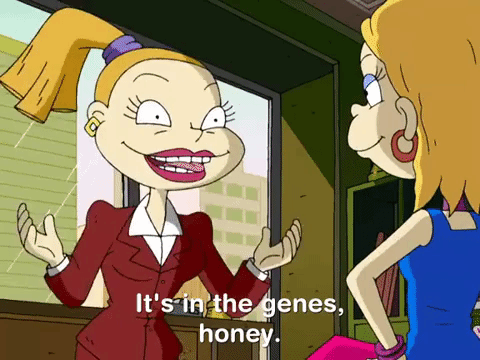
“Sorry to burst your bubble, but weight loss also relies on genetics. Metabolism, presence of any hereditary or non-hereditary disease, family history, many such characteristics define a person’s body weight and external appearance,” said Vaidehi Apte, a food safety enthusiast and a postgraduate in Food Science from London Metropolitan University (UK).
“It’s good that celebrities and media influencers today are promoting health. But they should only be vocal about a healthy lifestyle, not a particular diet which is often showcased in ‘what I eat in a day’ videos.” Further adding, she said, “It’s high time that people should stop comparing themselves with a person who has a completely different body type and this is the very reason why one-on-one consultation from a professional is mandatory before experimenting with our beautiful bodies.”
A complete deficiency of Body Positivity!
It is no secret that these ‘what I eat in a day’ videos are mostly posted by the influencers who possess the so-called ‘standard or attractive body’ which automatically makes the viewers compare themselves with those thin and small body sizes visible in the visuals.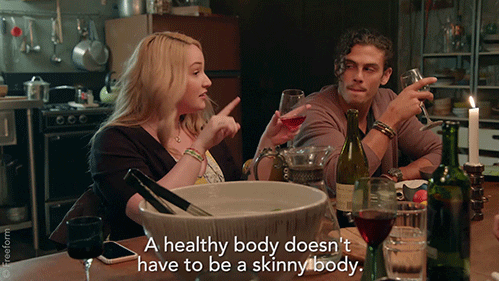 Hardi Trivedi, a professional in Nutrition and Dietetics said, “These videos often portray the fact that the ultimate achievement of a healthy body is being thin. Most people believe that since their favourite influencer or a particular celebrity is following a certain diet, they can do it too and obtain similar results. But that’s not the case. She also said, “In this whole process of looking attractive, we are losing ourselves and have stopped appreciating who we actually are.”
Hardi Trivedi, a professional in Nutrition and Dietetics said, “These videos often portray the fact that the ultimate achievement of a healthy body is being thin. Most people believe that since their favourite influencer or a particular celebrity is following a certain diet, they can do it too and obtain similar results. But that’s not the case. She also said, “In this whole process of looking attractive, we are losing ourselves and have stopped appreciating who we actually are.”
Not just the viewers! It affects the creators too
Negative feedback and comments are a part of social media and therefore, sometimes it can relatively act toxic as well. Some people look at things with different glasses which can lead to negativity for some. The same is the case for social media.“Non-stop negative feedback and comments about the creator’s appearance, body or any personal aspect can lead to a drop in confidence. This can even make them become the victims of suicidal thoughts and severe depression,” Trivedi added.It is sometimes possible that instead of gaining likes, comments and praises for the content shared on social media platforms, the creator might even get trolled which can further hamper the mental health of the creator itself affecting their confidence leading them to depression, anxiety, disturbed mental health.Therefore, various health experts and nutritionists warn against such social media trends as the visuals present in the videos often mislead people. It is not possible to end this trend at once, but proper knowledge and awareness of facts may help us cope with this catfishing.

